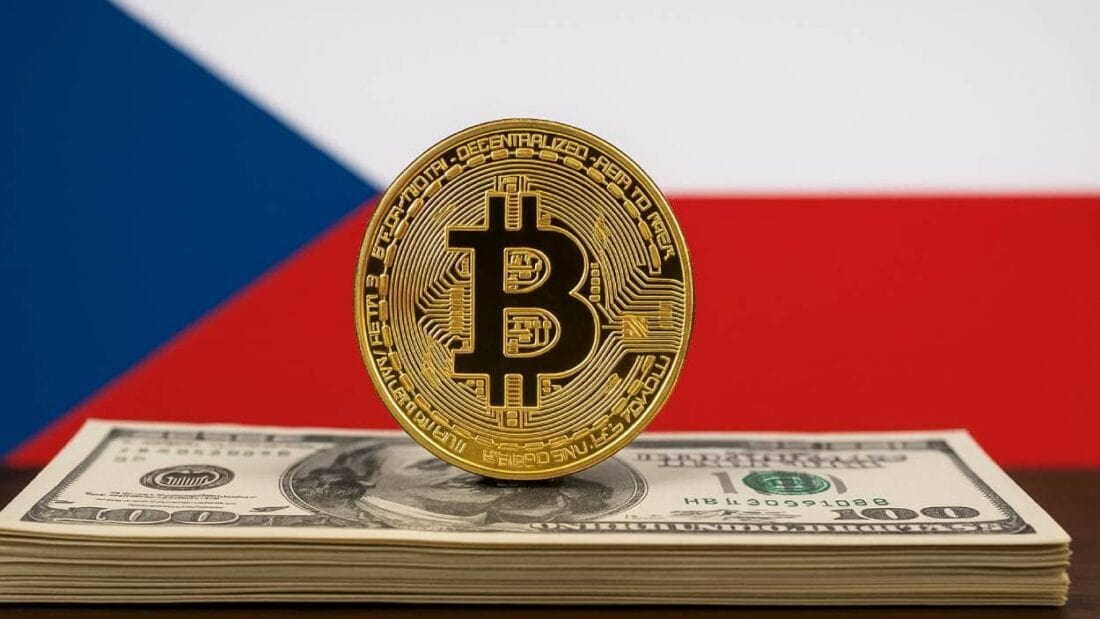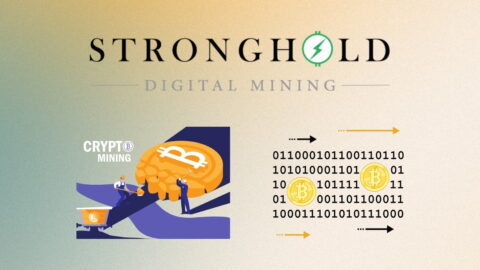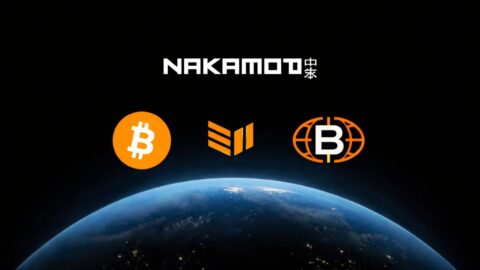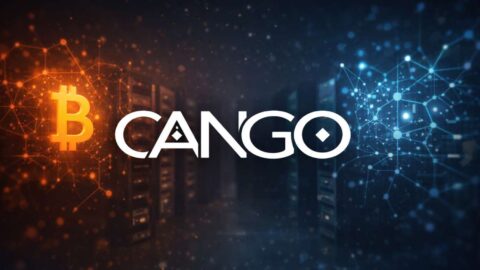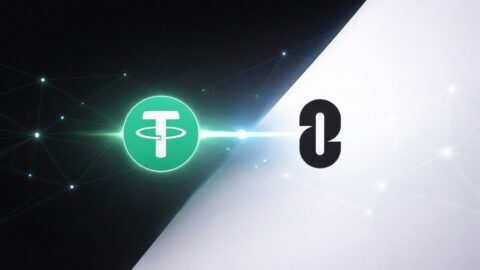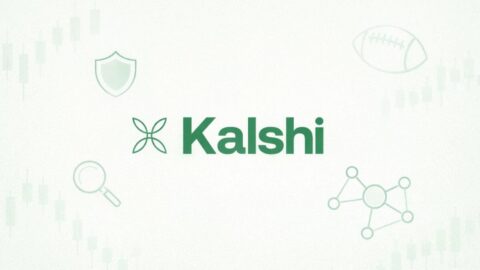The Czech National Bank has launched a groundbreaking $1 million digital asset test portfolio that includes Bitcoin, making it the first central bank to officially add the cryptocurrency to its balance sheet.
Key Takeaways
- Czech National Bank becomes the first central bank to hold Bitcoin as part of a pilot digital asset reserve.
- The $1 million portfolio also includes a US dollar-pegged stablecoin and a tokenized bank deposit.
- The initiative aims to provide hands-on experience with blockchain-based financial systems, not to diversify current international reserves.
- The CNB also unveiled CNB Lab Innovation Hub to explore broader blockchain and fintech integration.
What Happened?
In a historic step, the Czech National Bank (CNB) has confirmed the purchase of digital assets worth $1 million to test and better understand blockchain-based financial technologies. The central bank clarified that the investment is outside its international reserves and is not a signal of future reserve diversification.
The portfolio includes three types of digital assets: Bitcoin, a US dollar stablecoin, and a tokenized deposit. This move reflects a growing trend among institutions to explore crypto, although most have yet to go as far as adding it to their balance sheets.
JANUARY 2025: E.U. Central Bank President Christine Lagarde says, “I’m confident bitcoins will not enter the reserves of any European central banks.”
— Bitcoin Archive (@BitcoinArchive) November 13, 2025
TODAY: Czech Republic central bank buys $1 million bitcoin for its reserves pic.twitter.com/8AT4qp4EIh
Czech Central Bank Enters the Blockchain Arena
The pilot program was approved by the CNB board on October 30, with the goal of gaining practical experience in holding and managing digital assets. The bank wants to use the project to learn how decentralized assets operate, including their implications for trading, auditing, and settlement processes.
- CNB Governor Aleš Michl said he proposed the idea in January, aiming to examine Bitcoin’s role from a central bank’s perspective.
- Michl emphasized the importance of understanding how such assets could play a part in diversifying reserves or adapting to changing global financial norms.
Michl’s idea initially sparked skepticism, including criticism from ECB President Christine Lagarde, but the Czech Republic’s monetary autonomy, as it hasn’t adopted the euro allowed for independent action.
Not an Investment Shift
The CNB made clear it does not intend to expand the $1 million pilot portfolio at this stage. The purchase was framed strictly as an educational and exploratory exercise, not as an investment strategy.
While the bank is not currently planning to hold Bitcoin or other crypto assets in its international reserves, it recognizes the strategic importance of understanding them, especially as global financial systems evolve.
- Michl previously floated the idea of investing up to 5% of the bank’s reserves in Bitcoin, equivalent to $7.3 billion, but the proposal was not approved.
- He has also noted Bitcoin’s zero correlation to bonds, highlighting its potential for portfolio diversification, though he acknowledged its volatile nature.
Supporting Innovation with CNB Lab
Alongside the digital asset portfolio, the CNB launched the CNB Lab Innovation Hub, an initiative designed to test blockchain and other financial technologies. The hub aims to prepare the Czech economy for a digital-first future, supporting tools that could change both commerce and monetary policy.
Michl envisions a future where tokenized Czech bonds or assets could be purchased as easily as an espresso, using mobile platforms that simplify investing for everyday citizens.
CoinLaw’s Takeaway
I’ve been tracking how central banks view Bitcoin for years, and this move by the CNB is a big deal. It’s not just about buying crypto. It’s about finally admitting that to lead in finance, you need to understand the tools that could redefine it. In my experience, when central banks get curious, change follows. The fact that they’re doing this through a real pilot and not just research papers shows a meaningful shift in attitude. Sure, it’s a small step at $1 million, but it could open the door for broader acceptance in the coming years.

